The Executive Director of the Beacon Foundation, a Techiman-based non-governmental organization in the Bono East Region, Mr. Addae Kusi Isaac, popularly known as Biggi the Wikipedia, has expressed his commitment to strengthening his organization’s advocacy efforts following a training organized by the Alliance for Reproductive Health Rights (ARHR).
The Beacon Foundation focuses on promoting sustainable community development through education support programs, health initiatives, community development projects, and youth empowerment. The organization works to improve access to quality education, promote preventive healthcare, support livelihoods, and provide leadership opportunities for young people across the Bono East Region.
Describing the session as both transformative and insightful, Mr. Addae Kusi Isaac stated that the training has deepened his understanding of advocacy as a collective and strategic process aimed at influencing positive change in the society.
”I am delighted to be part of this workshop organized by the Alliance for Productive Health, which has focused on how to carry out effective advocacy.
”Even though I had prior knowledge of advocacy, today’s session has sharpened my understanding. I have realized that advocacy should not be a one-person activity it must be collective in nature. I also learned more about setting SMART objectives. Although I was already familiar with the concept, I now understand better that objectives must be specific, measurable, achievable, realistic, and time-bound in short, objectives that are truly attainable.”
He explained that while advocacy often comes with challenges, it remains essential for influencing decision-makers to correct existing gaps and drive social transformation.
“During advocacy, you are likely to encounter obstacles and challenges but these should not discourage you. I have learned that in advocacy, it is not always you who brings about the change; rather, the duty bearers are the ones responsible for implementing the change. This is why I said earlier that advocacy should be collective and directed at specific duty bearers who can help achieve the intended goals.
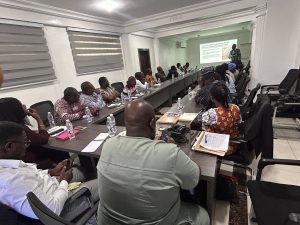
”In summary, I have learned that effective advocacy is about influencing decision-makers to bring about a positive shift in situations that are not being handled correctly. Moving forward, as an organization, my key takeaway is that I will revamp and re-energize Bikon Foundation’s advocacy efforts. I plan to collaborate with key stakeholders so that together, we can achieve our set goals and objectives.”
Biggi the Wikipedia seized the occasion to commend ARHR for organizing the program and called for continuous engagement among participants beyond the workshop.”
“While I unreservedly commend the organizers for a job well done, I hope this will not be the first and last time we meet. Even if we cannot always meet physically, technological tools such as phone calls, emails, and virtual meetings can be used to keep us connected. Through continuous engagement, we can carry out follow-ups, monitoring, and evaluation of activities within our respective jurisdictions. Since we are all working toward a common goal, it is important that this engagement continues beyond the workshop.”
The one-day capacity-building and dialogue session, organized by the Alliance for Reproductive Health Rights (ARHR), focused on sexual and reproductive health (SRH) and gender-based violence (GBV). It brought together coalitions and civil society organizations (CSOs) from across Ghana to strengthen evidence-based advocacy for improved Reproductive Health Education (RHE) outcomes at both national and sub-national levels.
Held on Thursday, October 23, 2025, at the Sassello Hotel Conference Hall in Accra, the session attracted key advocates and stakeholders in the SRH and GBV sectors.
Facilitating the workshop, Dr. Godfred Bonnah Nkansah, Founder and Executive Director of DAI-Africa, introduced participants to practical advocacy tools and strategies. He stressed that effective advocacy demands collaboration, persistence, and an evidence-driven approach to influence change in policy, legislation, funding, and regulation.
Dr. Bonnah Nkansah also outlined nine critical steps to effective advocacy, explaining the importance of setting SMART objectives, identifying and understanding decision-makers, and defining clear advocacy asks. He reminded participants that advocacy should be seen as a continuous, coordinated process rather than a one-off activity.
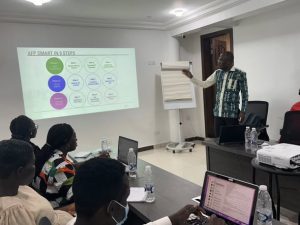
Speaking to the media, Nana Oye Gyimah, Communications Officer of ARHR, said the workshop was designed to equip CSOs with the capacity to influence social and policy change through targeted advocacy.
She explained that participants were leaving the training better equipped to identify policy gaps within the SRHR sector and to develop action plans that could produce tangible outcomes.
“Today’s program brought together stakeholders who are well represented in the sexual and reproductive health (SRH) space. The objective was to build our capacity and equip us with advocacy skills necessary for conducting effective campaigns at both the national and sub-national levels.
”The main takeaway from today’s meeting is that every participant is now better prepared to identify existing gaps within the SRH sector and to develop advocacy action plans that can drive positive change. By the end of this workshop, participants should be able to clearly identify the gaps in SRH and determine how their individual and collective efforts can help bridge them.”
She added that the advocacy plans developed during the training would serve as working documents for post-session implementation and monitoring.
“It is my expectation that the advocacy action plans developed today will be effectively implemented. This will ensure that participants are not only aware of the issues but are actively working to address them. The ideas shared in this room should not remain here; they must be translated into real advocacy actions on the ground.”
According to her, ARHR will continue to monitor and support participants’ advocacy initiatives, particularly those working in the areas of gender-based violence (GBV) and sexual and reproductive health (SRH), to sustain momentum and collaboration.
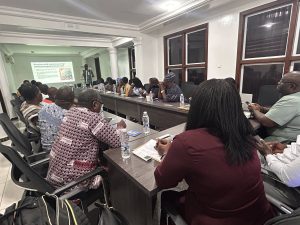
“This training will not be the last. We plan to monitor the activities of participants, especially those who belong to coalitions and groups working on Gender-Based Violence and Sexual and Reproductive Health. Monitoring will also extend to social media to assess ongoing advocacy efforts. If momentum appears to be declining, we may reconvene to rekindle the energy and continue pushing for change,” she said.
The training forms part of ARHR’s broader effort to build a strong network of civil society advocates capable of driving sustainable change in Ghana’s reproductive health policy and practice landscape.
Source: Elvisanokyenews.com

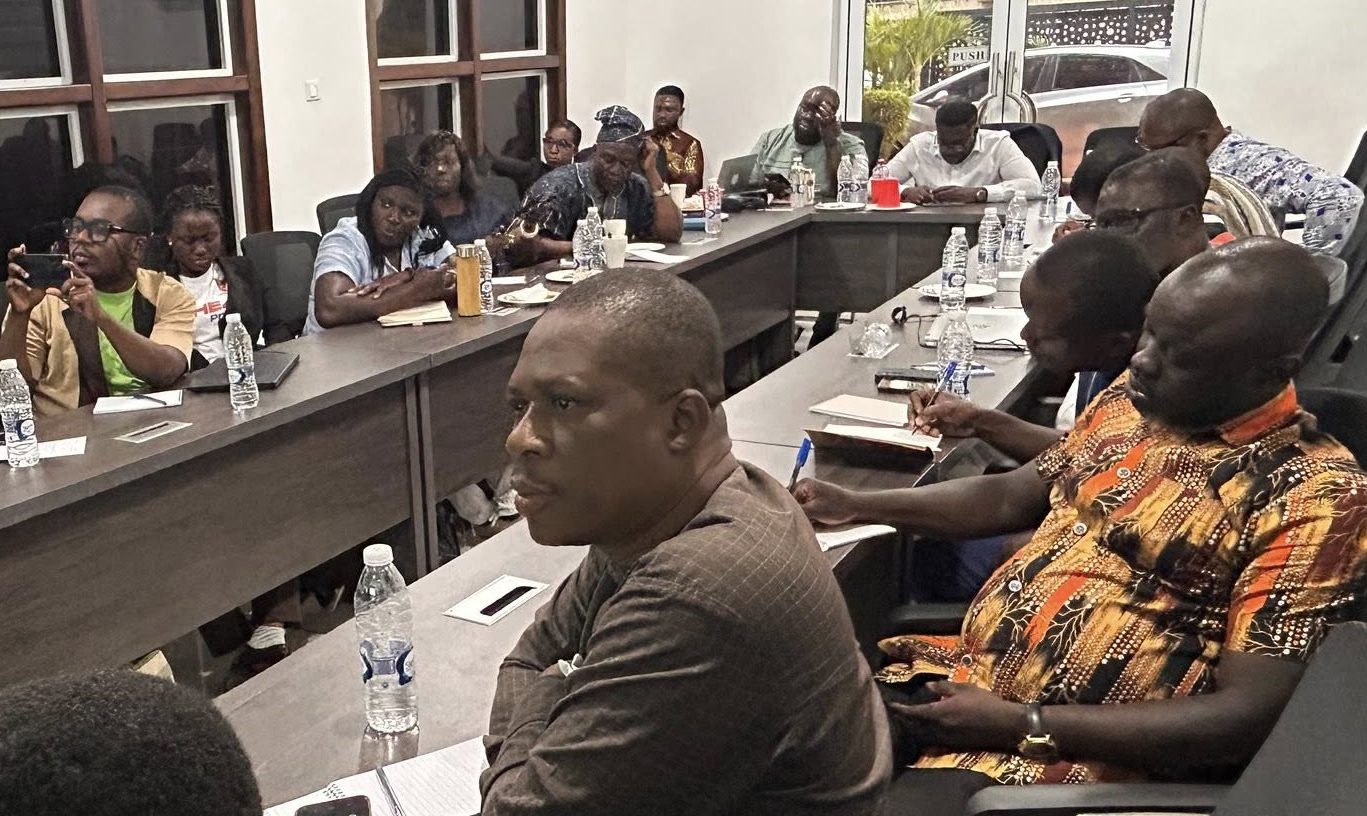
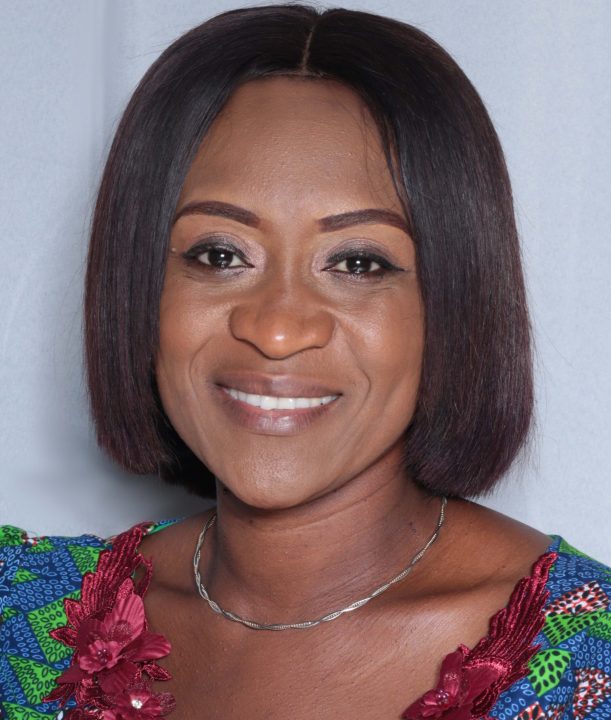
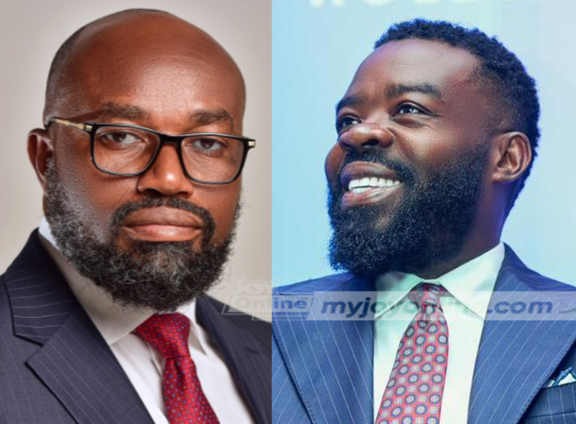

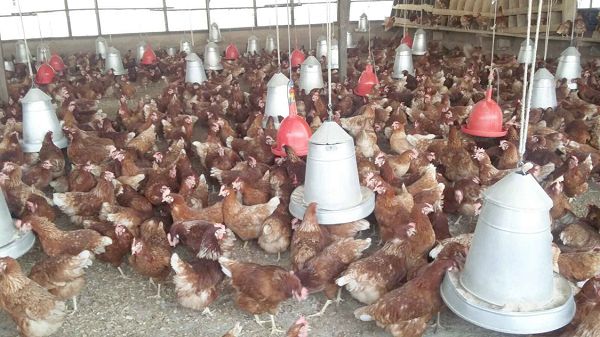
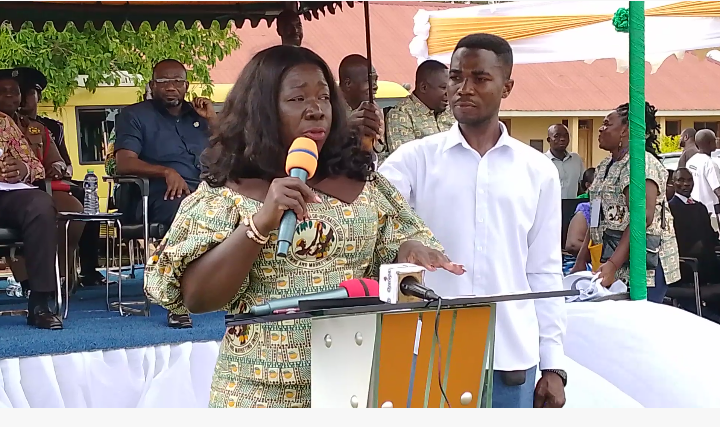
Leave a Reply